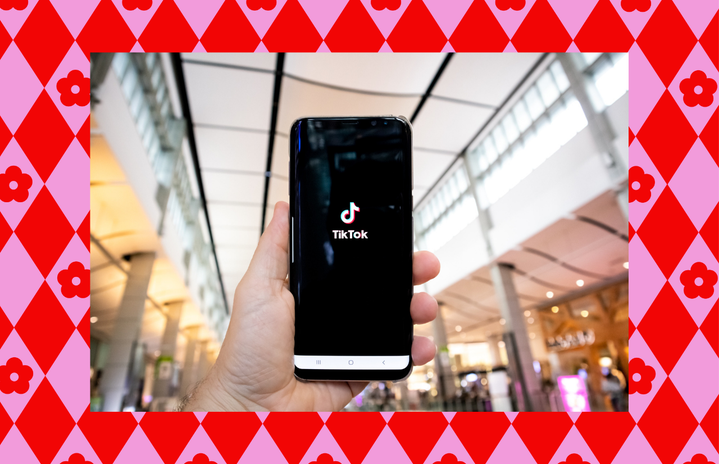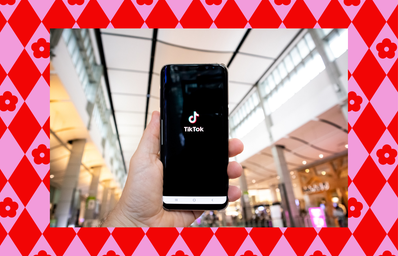TikTok is a wildly popular social media app that quickly rose to fame in 2020 during the COVID-19 pandemic. It’s amassed a mammoth 443 billion dollars in brand value since its start in 2017, and its users spent an average of 23 hours a month using the app.
I downloaded TikTok three years ago, not knowing that I’d join the up to 90% of TikTok users that open the app daily to spend an average of 1.5 hours scrolling, liking, and sharing content. Recently, I’d noticed that beyond entertainment, I was reaching for the app when I felt anxious or stressed. Oftentimes, I’d feel worse after closing out the app and regret how long I had spent using it.
I knew it was time to evaluate my relationship with TikTok, and what better way to do so than to part with it? Dear reader: I deleted TikTok for a week. Here’s what I experienced, and why you might want to consider a TikTok-free week of your own.
1) I Reclaimed my free time
We all live extremely busy lives, and as a second-semester graduating senior, I’m entering the busiest season yet! Before deleting TikTok, I’d come home and spend hours scrolling, leaving me with very little time for…anything else. I’d close out the app and be met with unfinished chores, an unmade dinner, and about half an hour of time left before I had to be in bed. Deleting TikTok left me with several more hours to myself, and I ended my days feeling less scrambled.
Not having TikTok as an option, I turned to other hobbies to fill my time. Engaging in other hobbies felt restorative, and this helped me feel more grounded throughout the day.
2) I (Probably) Saved some money
TikTok, like other social media, is a huge driver of influencer marketing, and the average user sees multiple sponsored posts a day. These posts are funny and relatable (by design), and I was finding myself saving several products to my “buy later” folder a day. TIkTok’s trend cycles move fast, with micro-trends like the “coastal grandmother” or “vanilla girl” leaving the app as fast as they came. This makes them particularly stressful to keep up with. I realized at the end of my week without TikTok that I had not saved anything to “buy later,” and that I had seen far fewer ads.
3) I had less to compare myself to
Like most other forms of social media, TikTok is a hub of perfectly curated moments. In just 10 minutes on TikTok, I could see someone’s 4:00 am morning routine, a day in the life of a millionaire, or an influencer’s “haul” of designer clothing. TikTok also often applies a “beauty filter” by default, which blurs skin texture and increases lip and eye size. TikTok recently released a set of hyperrealistic AI effects which enable users to change their facial features in real-time.
Seeing so much of this daily can have a negative effect on self-image. I wasn’t exposed to these filters during my week without TikTok, and it meant that I wasn’t constantly trying to compete with unrealistic or impossible beauty standards.
4) It made me examine my relationship with social media
I noticed halfway through the week that the only moments I wanted to reach for TikTok were the moments I was feeling anxious or stressed. This made me realize that I wasn’t just using TikTok for entertainment — I was using it as an emotional crutch.
Though it kept me distracted, spending time on TikTok didn’t make me feel better. At the end of my week without TikTok, my screen time had gone down by 15%, and I was rethinking my self-care toolkit.
Everyone’s relationship with social media is different, and deleting TikTok won’t be a cure-all for life’s stressors, but spending a week without an app I usually spent so much time on gave me much-needed insight into my social media habits.


